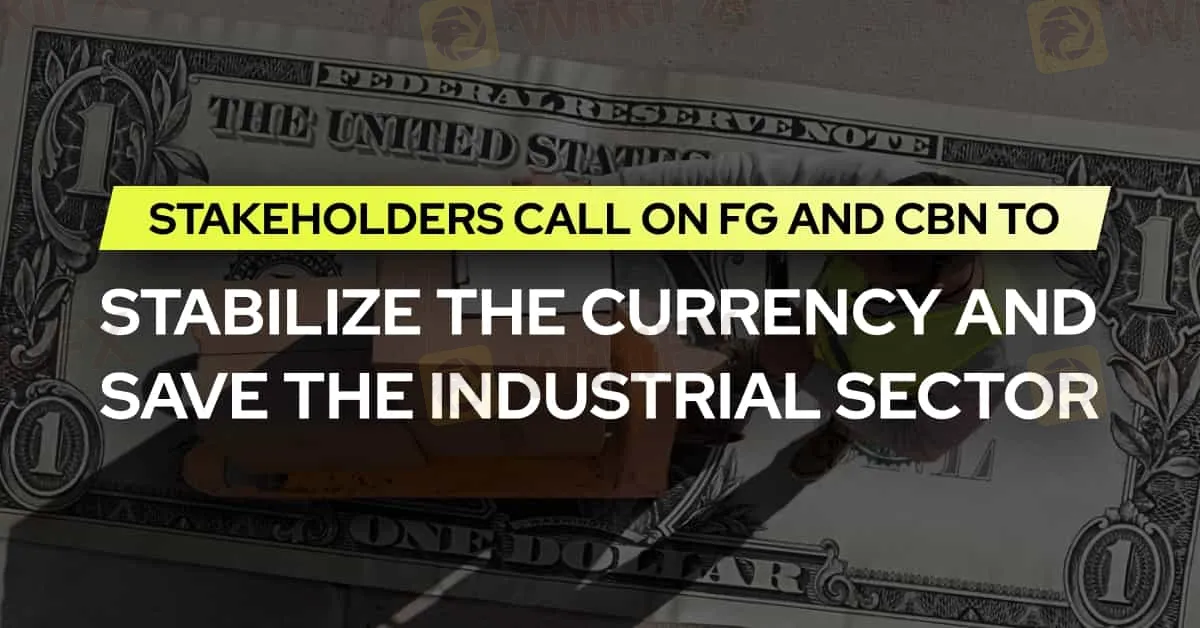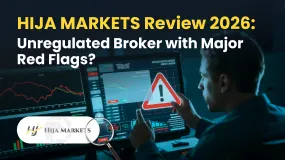Abstract:Shola Badimu, the Director General of the Nigerian Association of Chambers of Commerce, Industry, and Agriculture (NACCIMA), has urged the Nigerian government and the Central Bank of Nigeria to resolve the nation's currency crisis in order to preserve the manufacturing and productive sectors.

Shola Badimu, the Director General of the Nigerian Association of Chambers of Commerce, Industry, and Agriculture (NACCIMA), has urged the Nigerian government and the Central Bank of Nigeria to resolve the nation's currency crisis in order to preserve the manufacturing and productive sectors.
He made this while speaking at a conference that the German Machinery and Equipment Manufacturers Association (VDMA) recently conducted in Lagos.
“The primary barrier to importing anything is the FX issue; devaluation is not the issue, but it can't last forever,” said the chief executive officer. It must level out. The naira must not continue to decline. The Central Bank of Nigeria must take action to supervise and preserve stability in our lives.
They have to help us get the rates back to stability. Daily rate adjustments are unsustainable and bad for the economy's productive sector.
DG NACCIMA made it clear that the purpose of the event is to fortify the bilateral relations between the two countries when speaking about its significance. For Nigerian business owners involved in manufacturing and profitable endeavors needing processing equipment, it is a German-Nigerian partnership.
This side of the world is a developing nation, thus in some industries you have to look elsewhere for supplies.
“Our ability to design industrial machines is still somewhat limited. We have a few equipment manufacturers for the production facilities of different SMEs. However, that's not all; we still need to import machinery, spare parts, and other materials from outside,” he explained.
Badimu lamented the rate of inflation and said, “If you place an order for machinery today, you are ordering based on a particular exchange rate.” Now, if it takes you two or three weeks to pay, you find that the rate has changed and it is N1, 500.
Then maybe in three more months, when the machinery comes in again, the prices would have changed again.
Customs will calculate the precise amount of import duty you will be required to pay using the official rate, which was recently raised to more than 1600 per dollar. Moreover, banks might want to adjust interest rates again very soon if the current inflation rate is 33%. All of these consequently increase operational costs, and in the end, sales cannot be achieved for less than production costs. You will so give the client everything. Nevertheless, the customer's pockets are getting weaker every day because they are not elastic. The average Nigerian is getting paid less in terms of value. If your pay is the same as it was the previous year, you are making half of what you did. The address was delivered by Dr. Chukwuemeka Onna, Regional Manager, Africa and North America Standardization, VDMA Construction Equipment and Plant Engineering Mines. The event is a platform to explore the business climate and look for partners who share similar interestsEstablish cooperation and a relationship based on trust so that local companies can promote our brands to Nigerian customers. We share experiences and transfer technology and skills to the local industry, which benefits the local economy.
We provide people with training on how to run different kinds of machines and do upkeep and troubleshooting on them. Our local partners receive engineering and technical training from us so they can perform these services, which in turn creates jobs and grows the local economy. In answer to inquiries regarding the partnership's impact on the Nigerian regional economy, Sebastian Glaeser, Head of Competence Center Agribusiness at DGIC International Business Services Limited, stated, “We create a platform that helps companies do their business.” We are co-organizing an event for the mining industry, and VDMA is leading the delegation today. Since the majority of the participating companies are in the mining and energy sectors, the topic is essential to the development of other infrastructures in the country as well as construction and energy.










